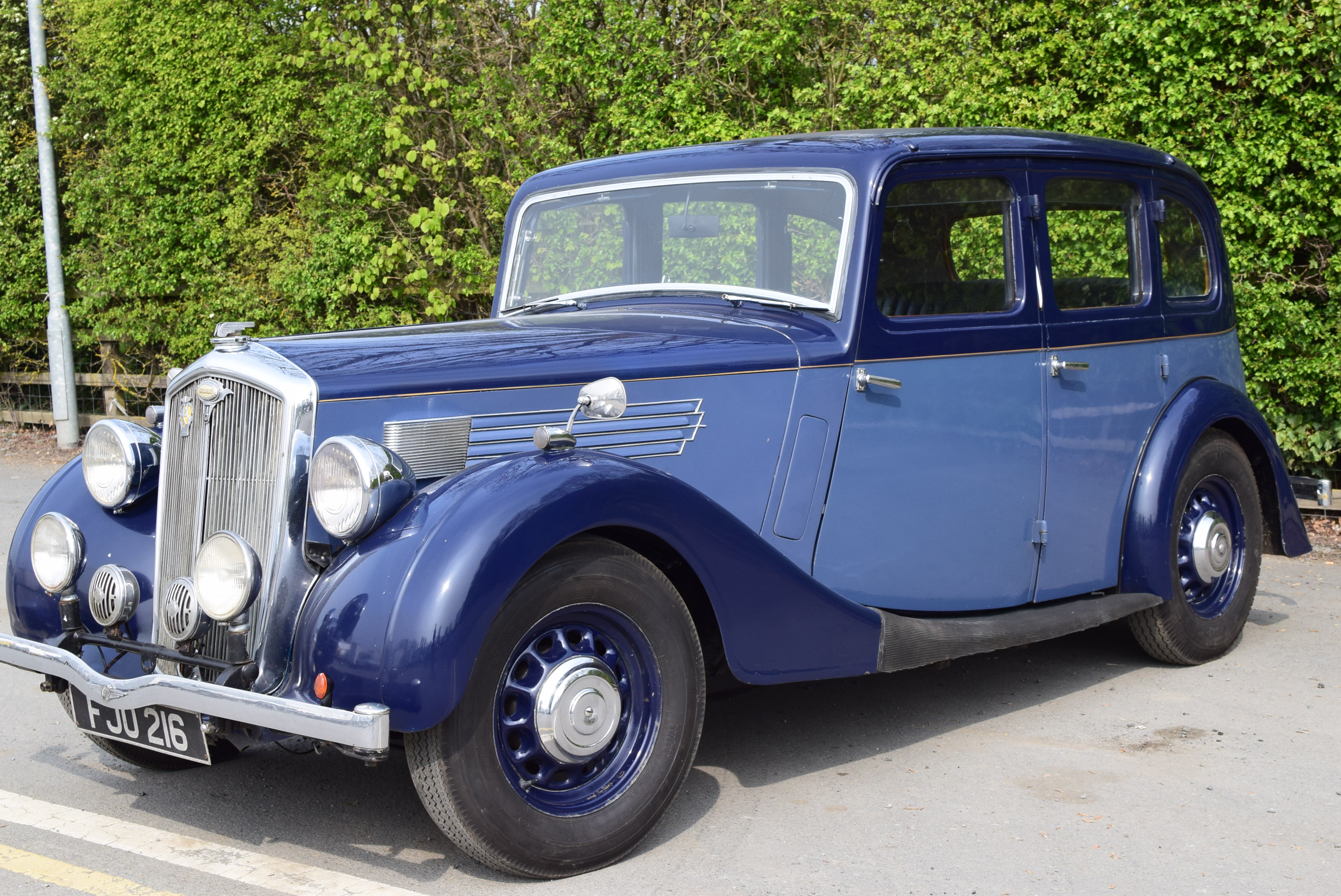
Click Here for Full Screen Image - Click Here to Download Image
 |  | 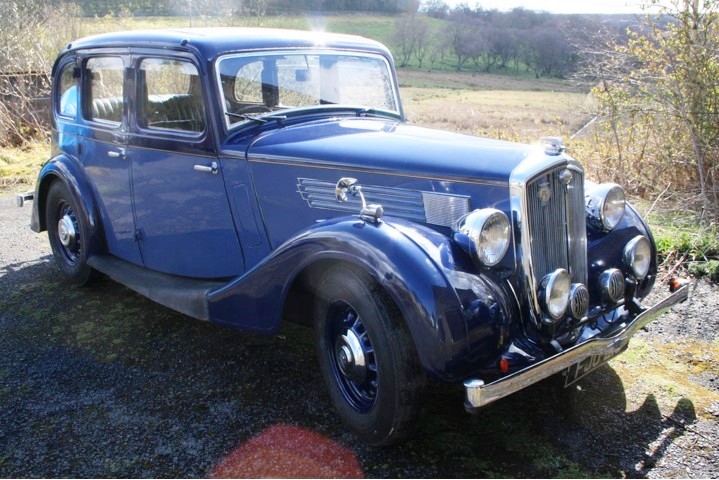 | 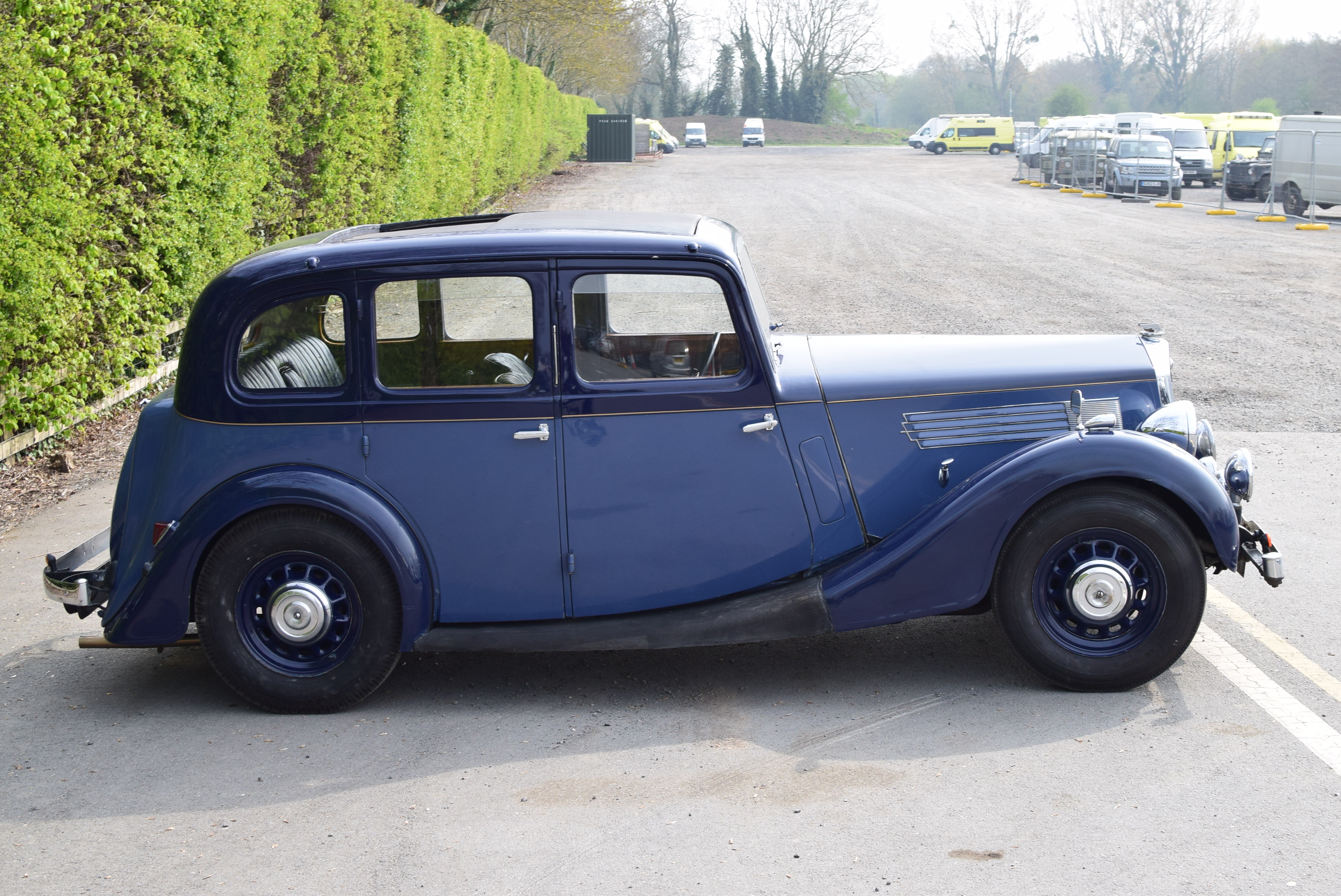 | 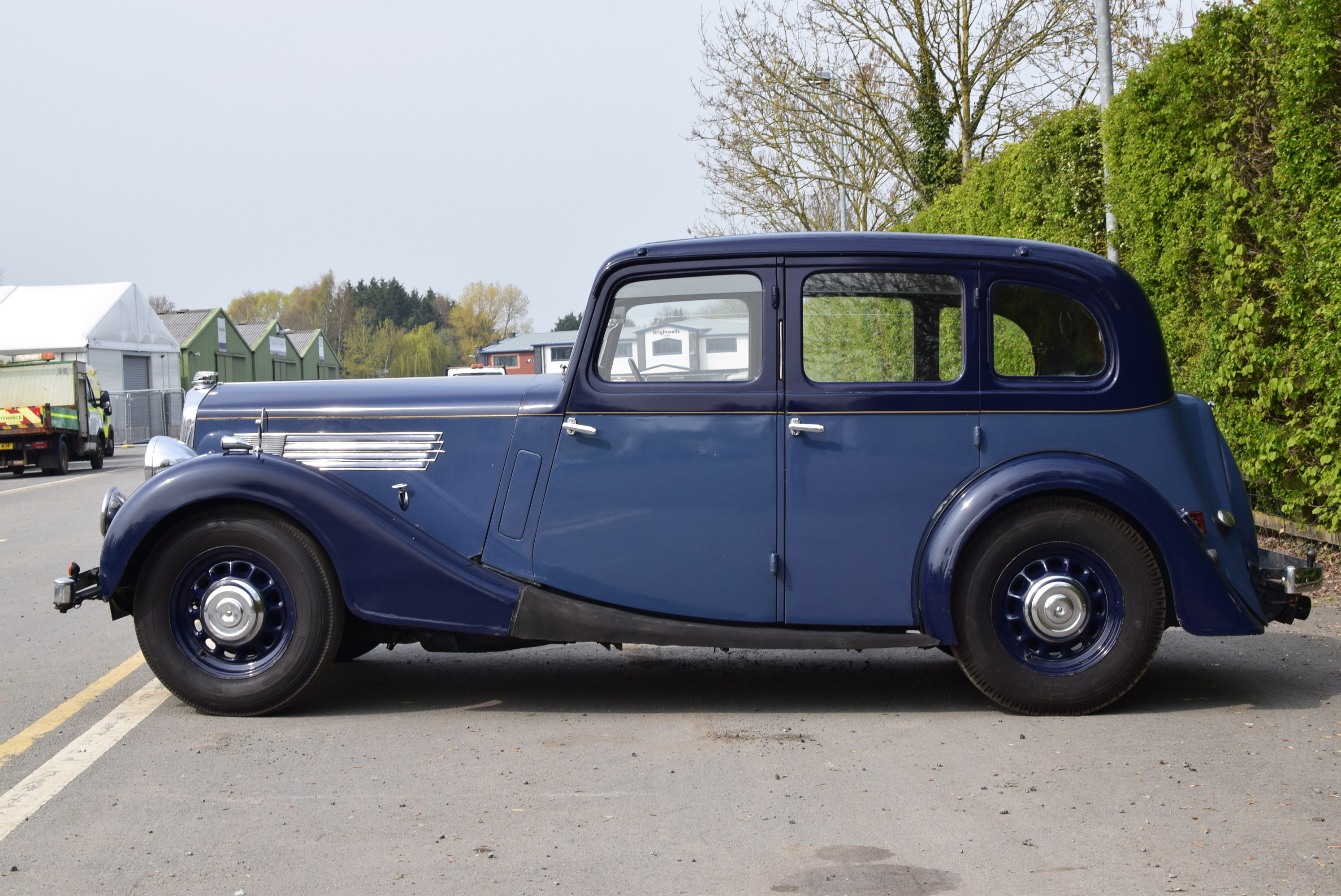 | |||||
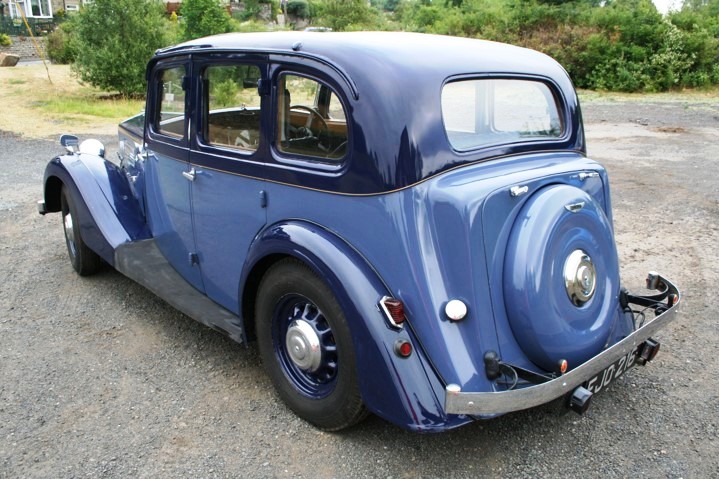 | 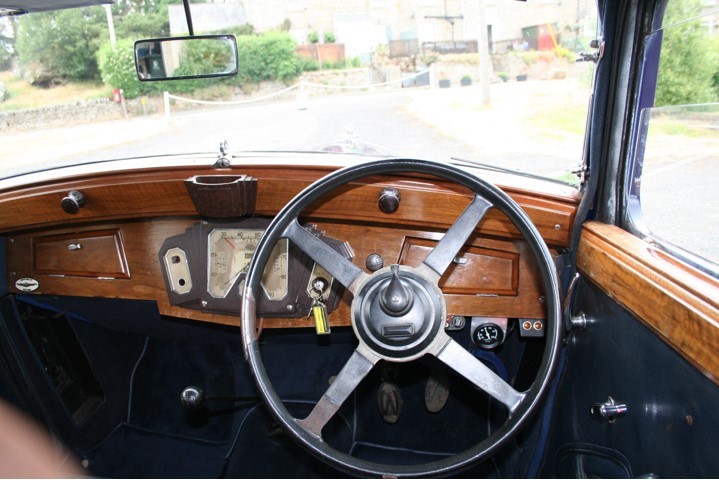 | 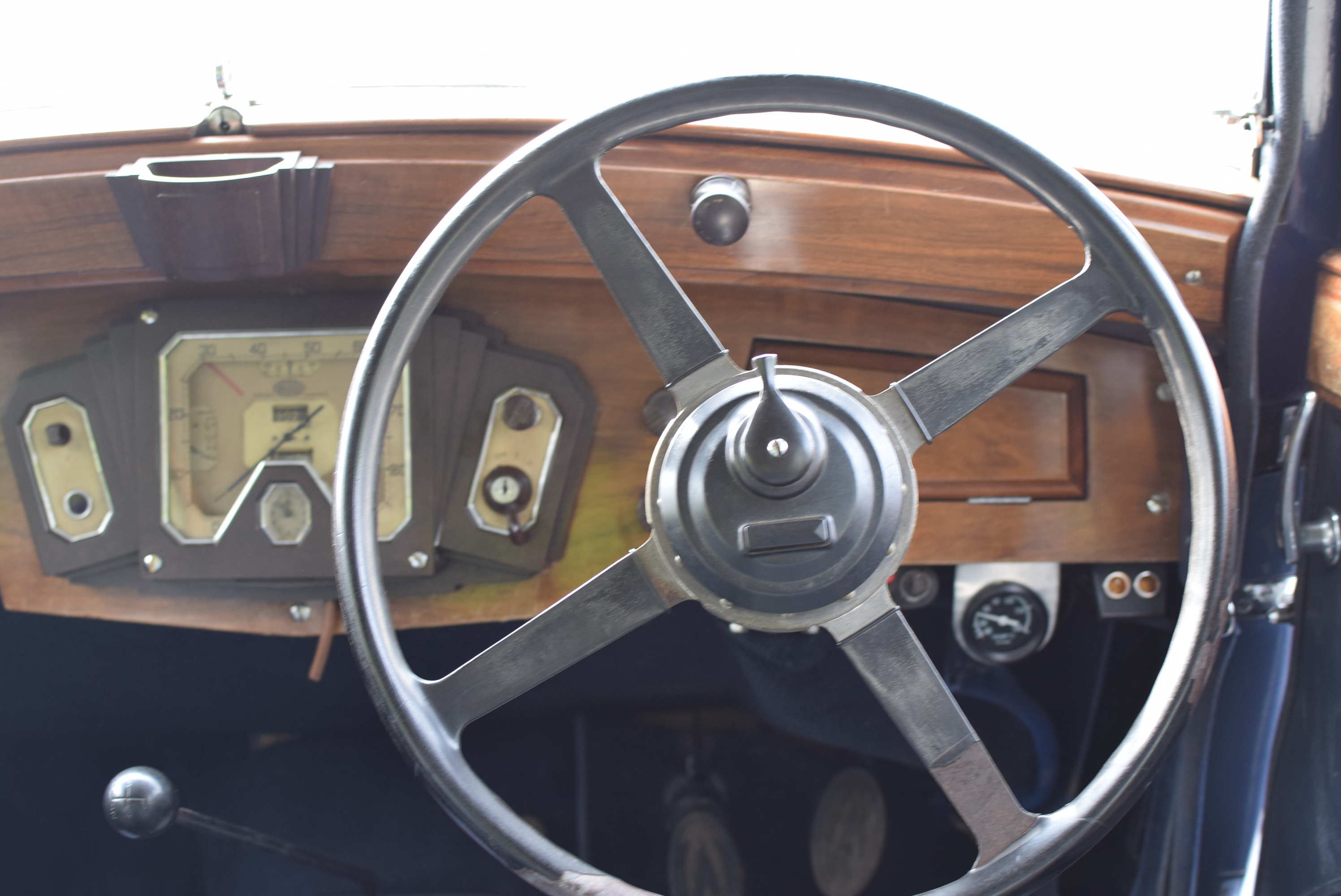 | 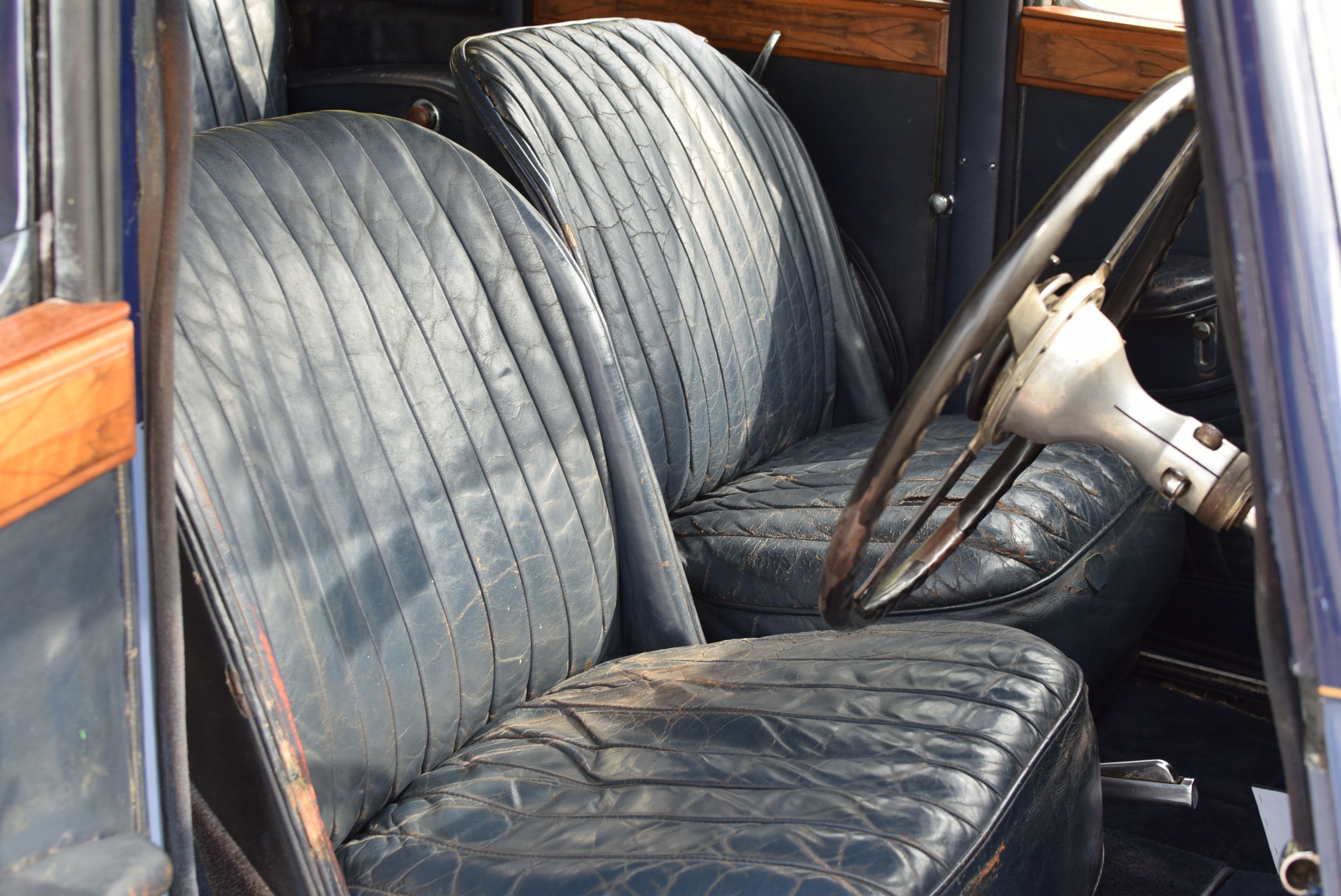 | 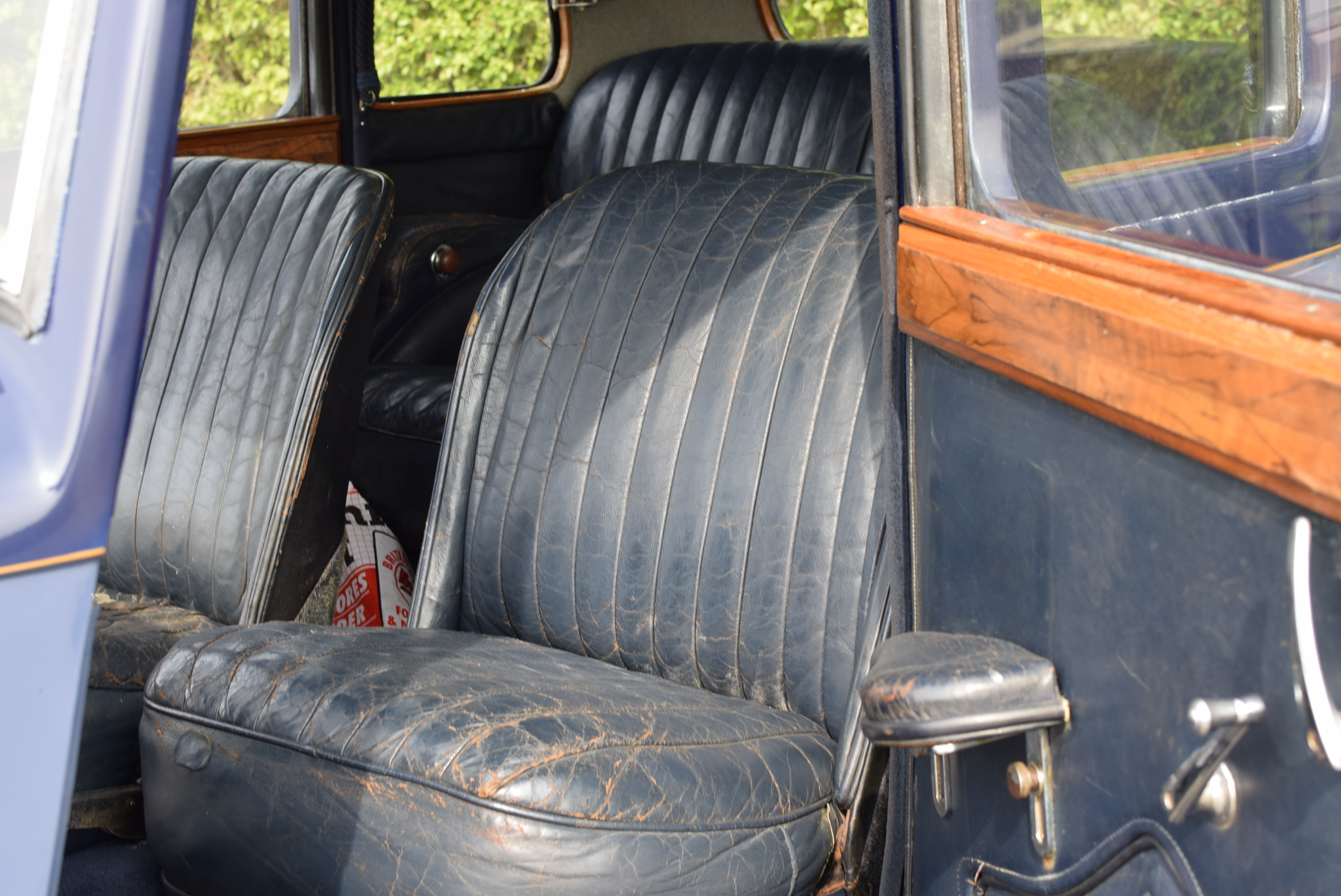 | |||||
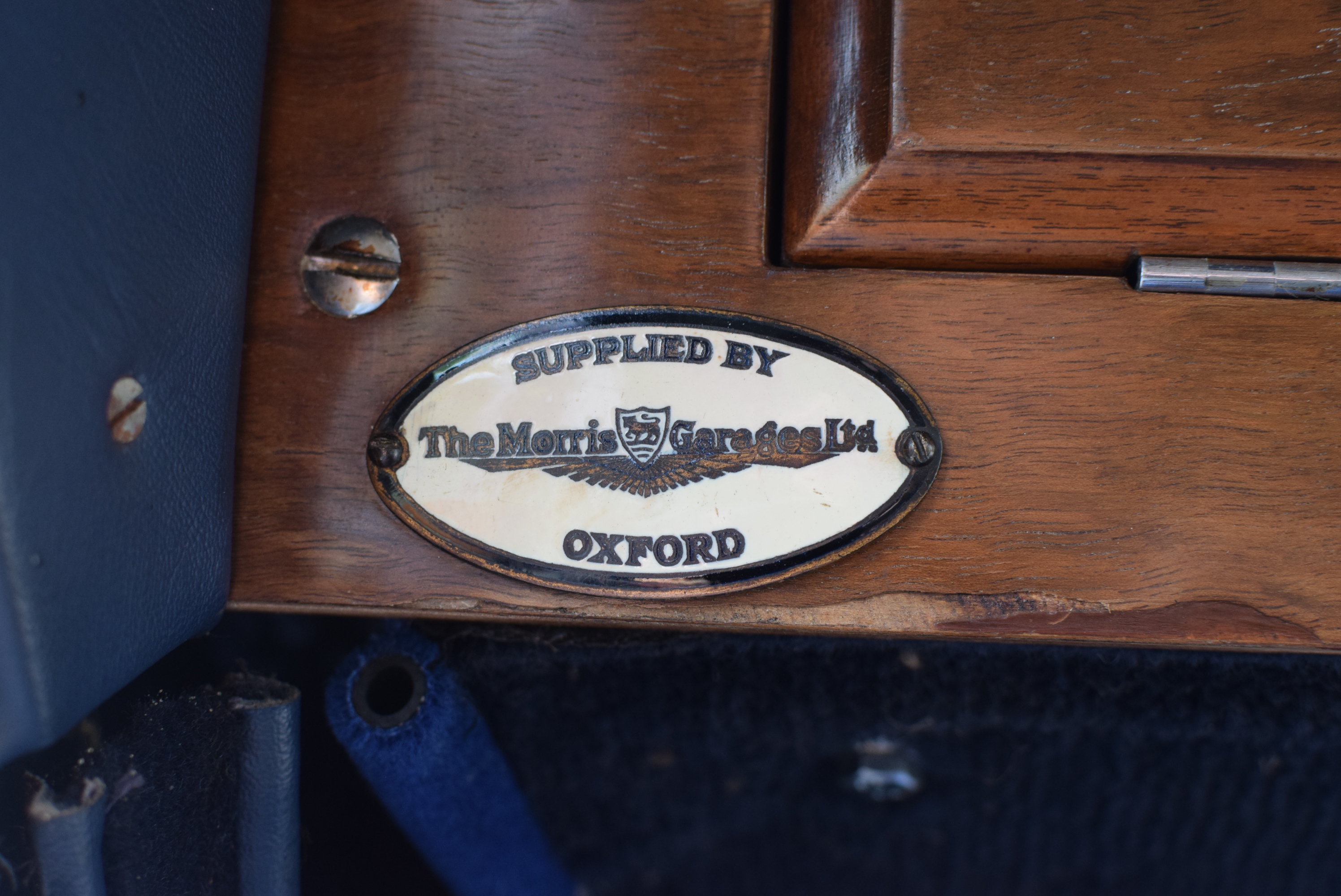 | 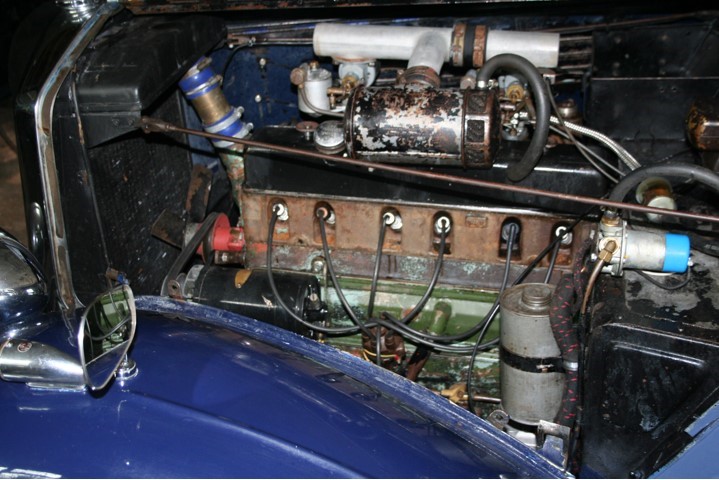 | 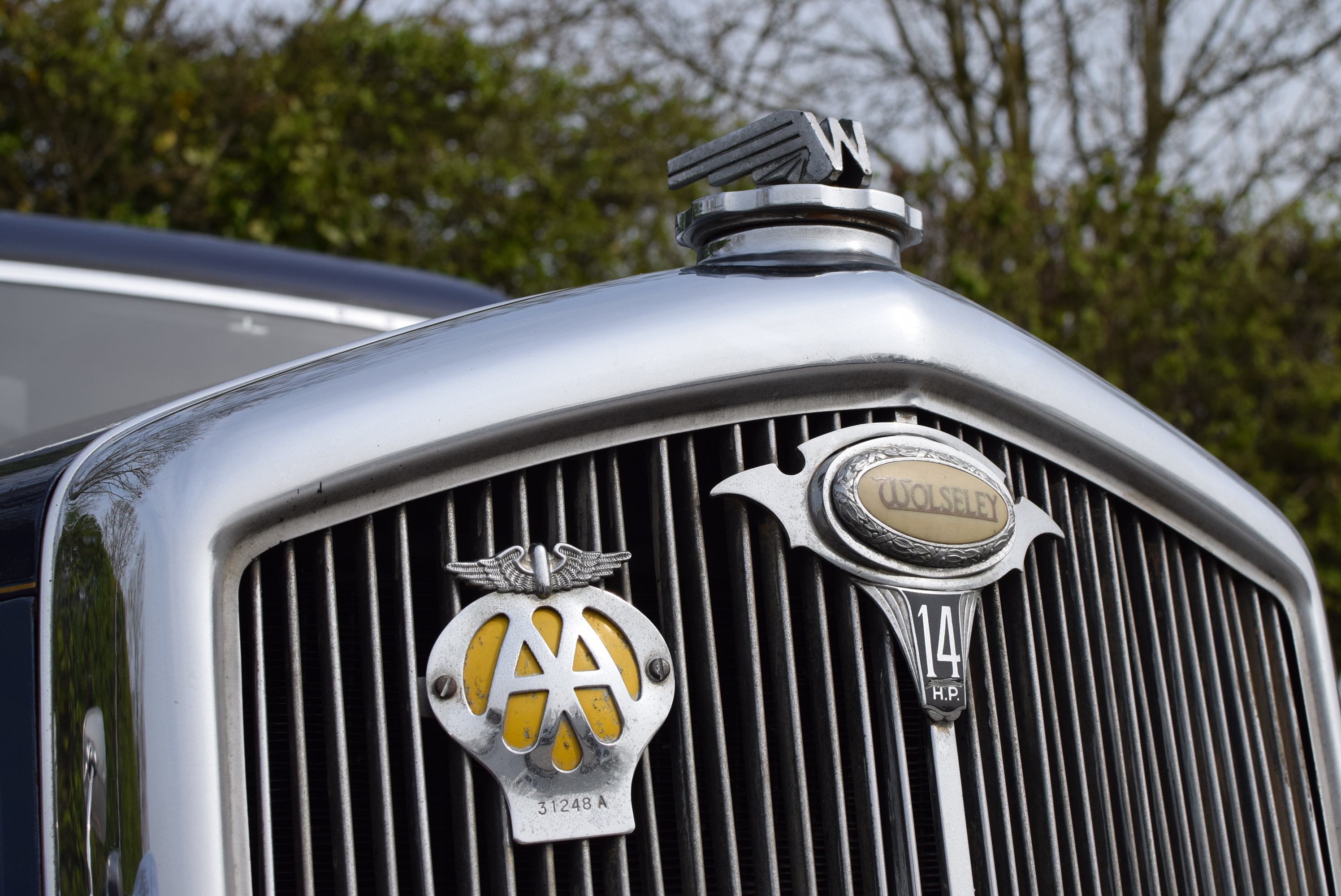 | 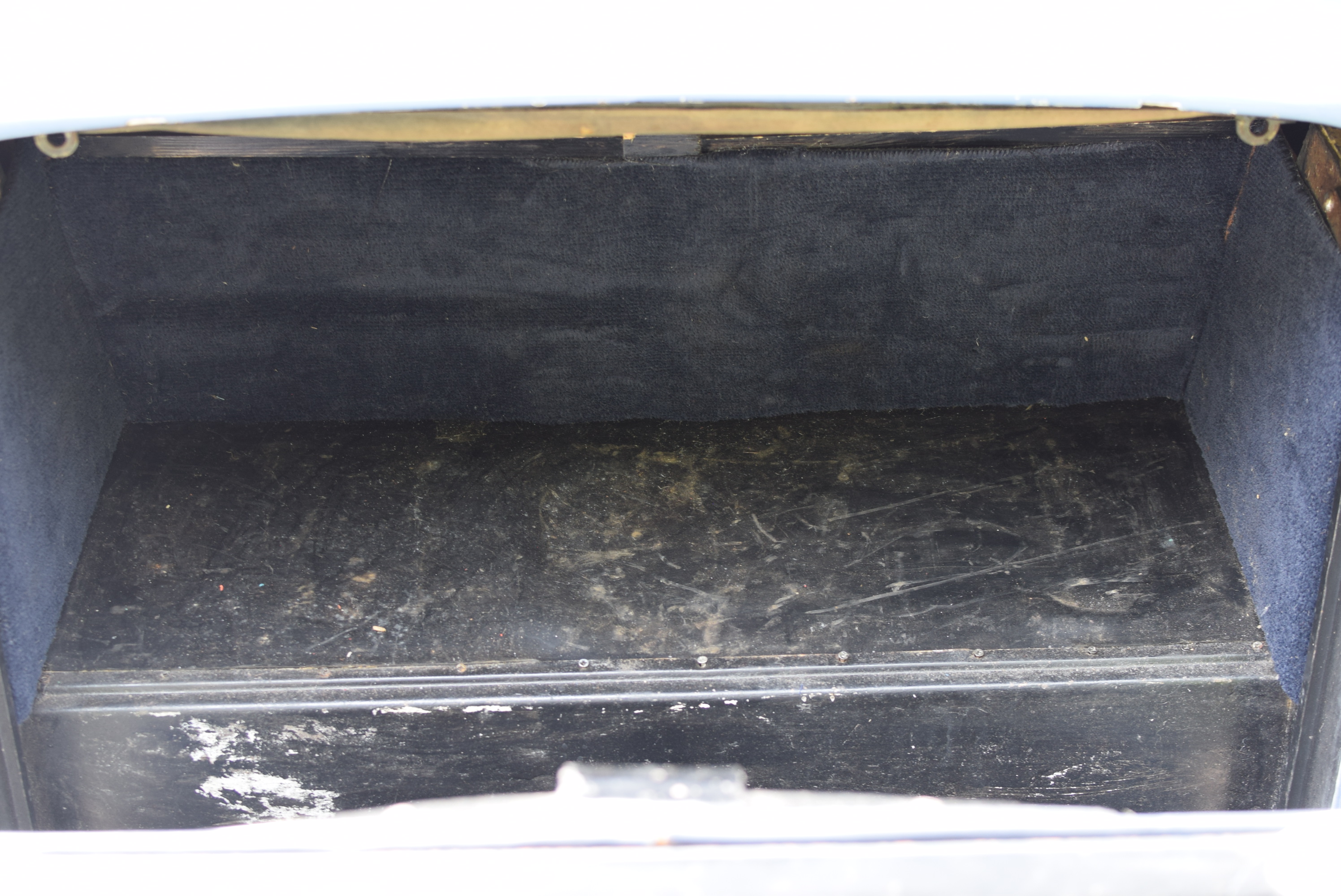 | 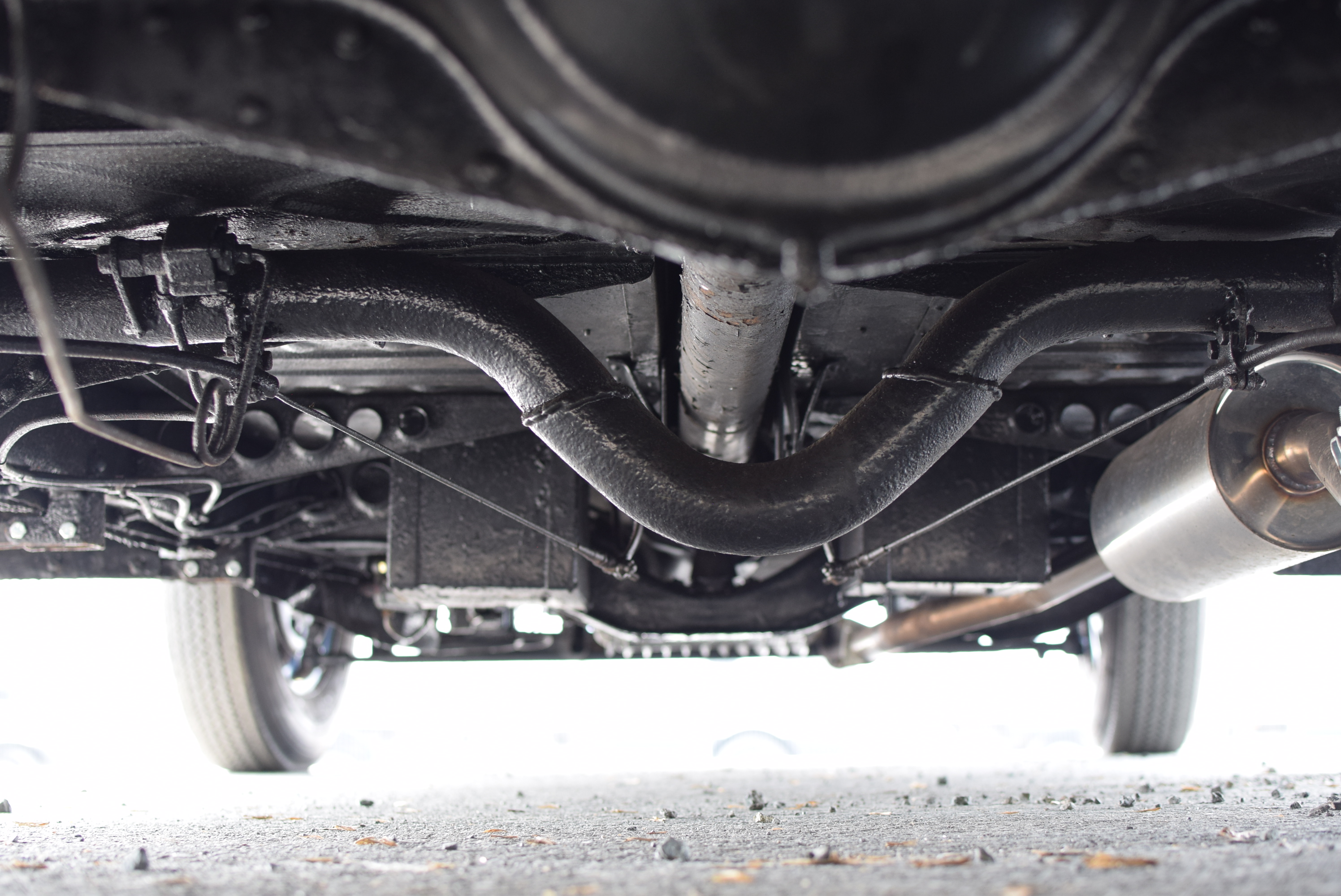 |
| Lot number | 165 |
|---|---|
| Hammer value | N/S (est. £10,000 - £14,000) |
| Description | Wolseley 14/56 Salon de Ville |
| Registration | FJO 216 |
| Year | 1938 |
| Colour | Blue two tone |
| Engine size | 1,818 cc |
| Chassis No. | 214/SDV6817 |
| Engine No. | 8093 |
| Documents | V5C; MOT July 2019; 11 old MOTs; invoices; instruction manuals and handbooks |
Wolseley had built an enviable reputation for building high quality cars in the early 1920s thanks to their advanced OHC engines. Based on designs developed from the Hispano-Suiza aero engines they had made under licence during WW1, these engines were beautiful but expensive to produce.
By 1926, Wolseley were in deep difficulty with debts of over £2m, the receivers were called in and a sale arranged to William Morris which he funded from his own personal fortune. Continuing to trade independently until 1935, Wolseley was then absorbed into the Morris empire, gaining access to the considerable resources of their new master.
The 14/56 was produced from 1936 to 1938 in parallel with the side-valve Morris Fourteen. Its overhead-valve 1,818cc inline-six engine gave it 75mph performance, the passengers being cossetted in a luxurious wood-and-leather-lined cabin in true Wolseley style. A quality car that appealed to the managerial classes, it sat above the Morris in the stratified world of pre-war motoring and 17,839 were sold.
This 1938 Wolseley 14/56 Series II has the Salon de Ville body with flowing front wings integrated into the running boards and a larger boot with an externally mounted spare wheel. In the current ownership since 2011, the car has received considerable recent expenditure including: cylinder head overhaul; rewired with dynamo rebuild and electronic regulator/cut-out conversion; petrol tank flushed and sealed internally; stainless steel exhaust; new carpet underfelt; underside cleaned back to bare metal and repainted/rust-proofed.
Said to be in good running order with an MOT to July 2019, it comes with 11 old MOTs showing that it has covered some 2,300 miles in the last 20 years and a briefcase containing sundry invoices, handbooks and manuals. It also retains its original Oxford-issued registration number, FJO 216, which is transferable.